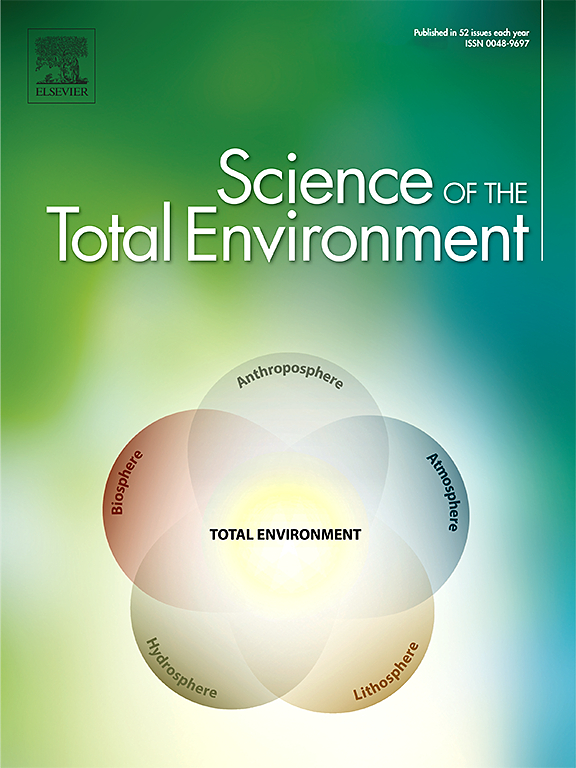参与式系统动力学模型对生物多样性-气候-社会关系的评估。亚马逊森林价值链案例研究
IF 8
1区 环境科学与生态学
Q1 ENVIRONMENTAL SCIENCES
引用次数: 0
摘要
生物多样性-气候-社会(BCS)联系源于定义社会、生态和气候维度的整合以应对复杂的全球挑战的意识。在空间、时间和组织尺度上,反馈循环和综合互动的复杂性突出了对创新和跨学科分析工具的需求,这些工具需要考虑当地环境、多尺度互动以及社会和政治维度。为此,本研究提供了一个基于参与式系统动力学模型(PSDM)的方法框架来分析和绘制Nexus的复杂相互作用。模型构建过程还整合了当地知识、生态系统服务(ES)和价值链影响。在Rondônia的森林价值链中使用这种方法,该研究显示了森林覆盖变化和不可持续的活动如何威胁重要的生态系统服务,特别是对土著社区。通过包括当地社区和利益相关者在内的参与性方法,该研究产生了共享知识,促进了对话,以确定变革的主要挑战。本文章由计算机程序翻译,如有差异,请以英文原文为准。

Biodiversity-Climate-Society Nexus assessment through Participatory System Dynamics Model. The case study of Amazon forest-based value chain
The Biodiversity-Climate-Society (BCS) Nexus arises from the awareness of defining the integration of social, ecological and climate dimensions to address complex global challenges.
The complexity related to feedback loops and combined interactions at spatial, temporal and organisational scales highlights the need for innovative and transdisciplinary analytical tools that consider local contexts, multi-scale interactions and social and political dimensions.
To this aim, this study offers a methodological framework based on the Participatory System Dynamics Model (PSDM) to analyse and map the complex interaction of Nexus. The model-building process also integrates local knowledge, Ecosystem Services (ES), and value chain impacts. Using this method in Rondônia's forest-based value chain, the study shows how forest cover changes and unstainable activities threaten vital ecosystem services, especially for Indigenous communities. Through a participatory approach including local communities and stakeholders, the study generated shared knowledge and promoted dialogue to identify the main challenges toward transformative change.
求助全文
通过发布文献求助,成功后即可免费获取论文全文。
去求助
来源期刊

Science of the Total Environment
环境科学-环境科学
CiteScore
17.60
自引率
10.20%
发文量
8726
审稿时长
2.4 months
期刊介绍:
The Science of the Total Environment is an international journal dedicated to scientific research on the environment and its interaction with humanity. It covers a wide range of disciplines and seeks to publish innovative, hypothesis-driven, and impactful research that explores the entire environment, including the atmosphere, lithosphere, hydrosphere, biosphere, and anthroposphere.
The journal's updated Aims & Scope emphasizes the importance of interdisciplinary environmental research with broad impact. Priority is given to studies that advance fundamental understanding and explore the interconnectedness of multiple environmental spheres. Field studies are preferred, while laboratory experiments must demonstrate significant methodological advancements or mechanistic insights with direct relevance to the environment.
 求助内容:
求助内容: 应助结果提醒方式:
应助结果提醒方式:


